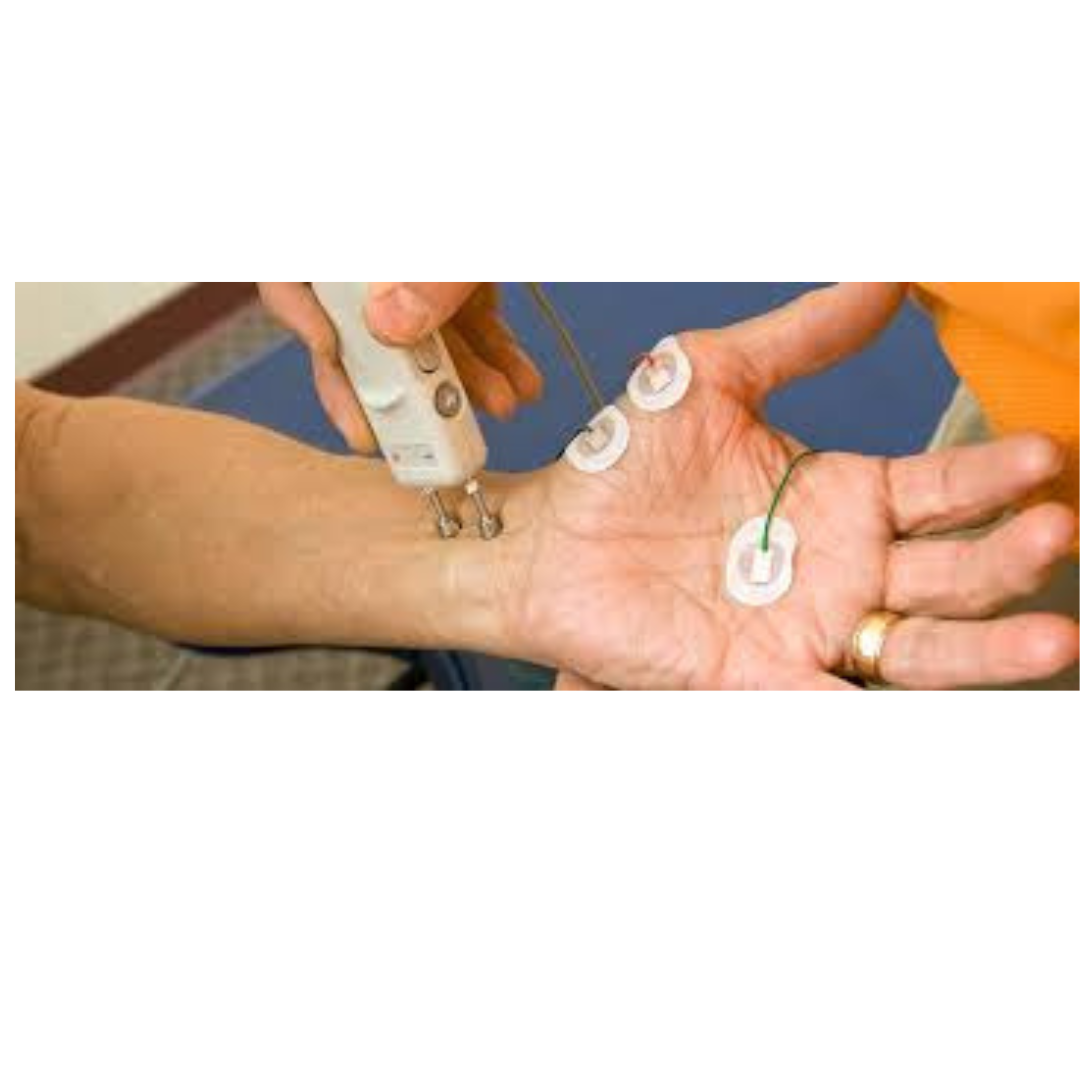NCV Nerve Test in Bangalore: Everything You Need to Know
If you have been experiencing symptoms like numbness, tingling, or muscle weakness, your doctor might recommend a specialized diagnostic procedure called a nerve conduction velocity (NCV) test. This test helps in identifying nerve-related issues and guiding treatment. For those based in Karnataka, you can easily book an ncv nerve test in bangalore at trusted diagnostic centers.
Getting an NCV test done at the right diagnostic center ensures accurate results, which are crucial for proper diagnosis and treatment planning. This article covers everything about the NCV test—what it is, why it’s done, the procedure, benefits, costs, and things to keep in mind before scheduling one.
What is an NCV Test?
An NCV (Nerve Conduction Velocity) test is a neurological diagnostic procedure that measures the speed and strength of electrical signals traveling through your nerves. Since nerves transmit signals between the brain, spinal cord, and muscles, any interruption in this pathway may result in abnormal sensations or muscle weakness.
Doctors recommend the NCV test when patients report symptoms such as:
-
Persistent numbness in hands or feet
-
Muscle weakness
-
Sharp, burning pain in limbs
-
Tingling sensations
-
Suspected nerve damage due to diabetes, injury, or neurological disorders
Why Doctors Recommend NCV Test
Detecting Nerve Damage Early
An NCV test plays a vital role in detecting nerve injuries at an early stage. Early detection allows doctors to design an effective treatment plan before symptoms worsen.
Helps Differentiate Between Muscle & Nerve Issues
Many patients confuse muscle problems with nerve-related issues. The NCV test helps doctors distinguish whether symptoms are caused by damaged nerves or muscle disorders.
Diagnosis of Neurological Conditions
The test is commonly used in diagnosing conditions such as:
-
Carpal tunnel syndrome
-
Peripheral neuropathy
-
Herniated discs
-
Guillain-Barré syndrome
-
Sciatica
How is the NCV Test Performed?
Preparation Before the Test
-
Avoid applying lotions or creams on the skin before the procedure.
-
Inform your doctor about any medications you are currently taking.
-
Remove metal objects such as jewelry before the test.
The Test Procedure
-
Small electrode patches are attached to your skin along the path of the nerve being tested.
-
A mild electrical pulse is applied to stimulate the nerve.
-
The electrodes record how fast and strong the electrical signals travel.
-
The process may be repeated on different parts of the body depending on the symptoms.
Duration of the Test
The test usually takes 30–60 minutes depending on the number of nerves being examined.
Is the NCV Test Painful?
The NCV test involves a mild electrical stimulation, which may cause slight discomfort but is not usually considered painful. Most patients describe it as a tingling or tapping sensation.
Benefits of NCV Test
-
Non-invasive & safe: No surgical procedure is required.
-
Quick results: Helps in timely treatment.
-
Accurate diagnosis: Provides clear insights into the functioning of nerves.
-
Essential for treatment planning: Helps doctors identify the exact problem area.
Cost of NCV Test in Bangalore
The cost of an NCV test in Bangalore varies depending on:
-
The diagnostic center chosen
-
Number of nerves being tested
-
Whether both arms or legs are included in the study
On average, the cost ranges between ₹1,500 to ₹4,000. Patients are advised to choose reputed diagnostic centers to ensure accurate and reliable results.
Precautions and Risks
-
The test is safe and has minimal risks.
-
Patients with pacemakers should inform their doctors before undergoing the procedure.
-
Temporary mild discomfort may occur, but it usually subsides quickly.
Final Thoughts
Getting an ncv nerve test in bangalore is a wise decision if you are struggling with persistent nerve-related symptoms. The procedure is quick, safe, and provides doctors with essential insights into nerve health. Choosing a reliable diagnostic center ensures accurate results, which can make a significant difference in your treatment journey.
Frequently Asked Questions (FAQs)
1. What does a nerve conduction velocity test detect?
It helps detect nerve damage, delayed signal transmission, and issues such as neuropathy or nerve compression disorders.
2. How long does it take to get results from the test?
Most diagnostic centers provide results within 24 to 48 hours.
3. Do I need to fast before the test?
No fasting is required. You can eat and drink normally before the procedure.
4. Is the NCV test suitable for children?
Yes, it can be performed on children if recommended by a neurologist.
5. Can I drive after undergoing the test?
Yes, the test is non-invasive, and patients can resume normal activities immediately.
6. What is the difference between an EMG and an NCV test?
An NCV test measures the speed of electrical signals in nerves, while an EMG (Electromyography) measures electrical activity in muscles. Often, doctors recommend both tests together.
7. Will I feel pain during the test?
The electrical pulses may cause mild discomfort, but the procedure is generally well tolerated.
8. Can the test be repeated if required?
Yes, the test can be safely repeated if doctors need updated results to monitor progress.
9. Do I need to stop medications before the test?
In most cases, medications can be continued, but always inform your doctor about the medicines you take.
10. Who performs the NCV test?
It is usually conducted by a trained neurologist or a qualified technician under medical supervision.



